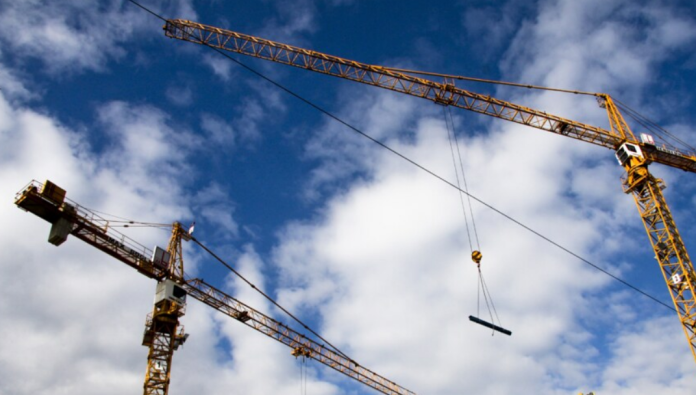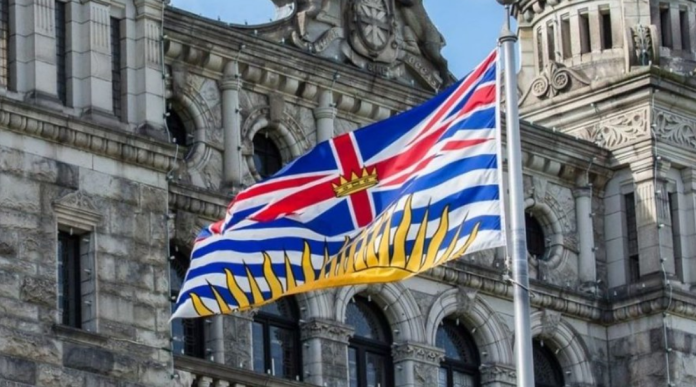Diana Gibson, Minister of Jobs, Economic Development and Innovation, has issued the following statement on the release of Statistics Canada’s Labour Force Survey for April 2025:
“Through global volatility and shifting economic winds, B.C. is holding steady – growing an economy that works for people, protecting what matters and building a cleaner, more secure future. B.C. stands with Team Canada and all the workers across the country who have been affected by this unnecessary trade war.
“Today’s Labour Force Survey data for April shows that B.C. held steady with a small gain of 6,000 jobs, compared to last month. So far this year, B.C. has gained 51,300 full-time jobs, the highest increase among provinces.
“In April, private-sector employment increased by 1,600 and self-employment increased by 2,800. Since July 2017, B.C. has gained 174,400 private-sector jobs, and so far this year, we have the second-highest increase in private-sector employment across the country at 5,800 jobs.
“Youth employment in B.C. increased in April by 8,400 jobs, which is the largest gain among provinces. And B.C. continues to lead the country with an average hourly wage of $38.24, with our average wage up 4.8% compared to this time last year, the second-highest growth among provinces.
“Our unemployment rate is 6.2%, one of the lowest in Canada and below the national average of 6.9%.
“The data shows that in April, B.C. had employment increases of 1,800 jobs in the manufacturing sector, which continues to show strong and steady growth overall with gains of 11,300 so far this year.
“As tourism season begins, we are seeing people choosing to vacation locally and not travel to the United States. Many British Columbians are stepping up by supporting local restaurants, vacationing in B.C. and choosing locally made products. These everyday choices are a powerful show of support for workers, small businesses and communities throughout our province.
“B.C. also introduced legislation to ensure the Province can act quickly to break down interprovincial trade barriers and prioritize the purchase of Canadian goods. We have been a leader in reducing interprovincial trade barriers even prior to the tariff threat, advocating for a mutual recognition agreement and one of the provinces with the least exceptions. The commitment is to have a mutual recognition agreement soon that will cover thousands of goods sold or used in Canada.
“The Province has also introduced legislation to deliver more schools, hospitals and other infrastructure, which will create more jobs and support our growing communities. This legislation is part of work underway across government to deliver projects faster, reduce overall permitting times and strengthen B.C.’s economy through uncertain times.
“We will continue to protect services and defend people’s jobs and the economy. Growing a stronger and more diverse economy will help protect people in B.C. from instability outside our borders, with investments that will bring good-paying jobs to the province as part of robust and sustainable industries.”









